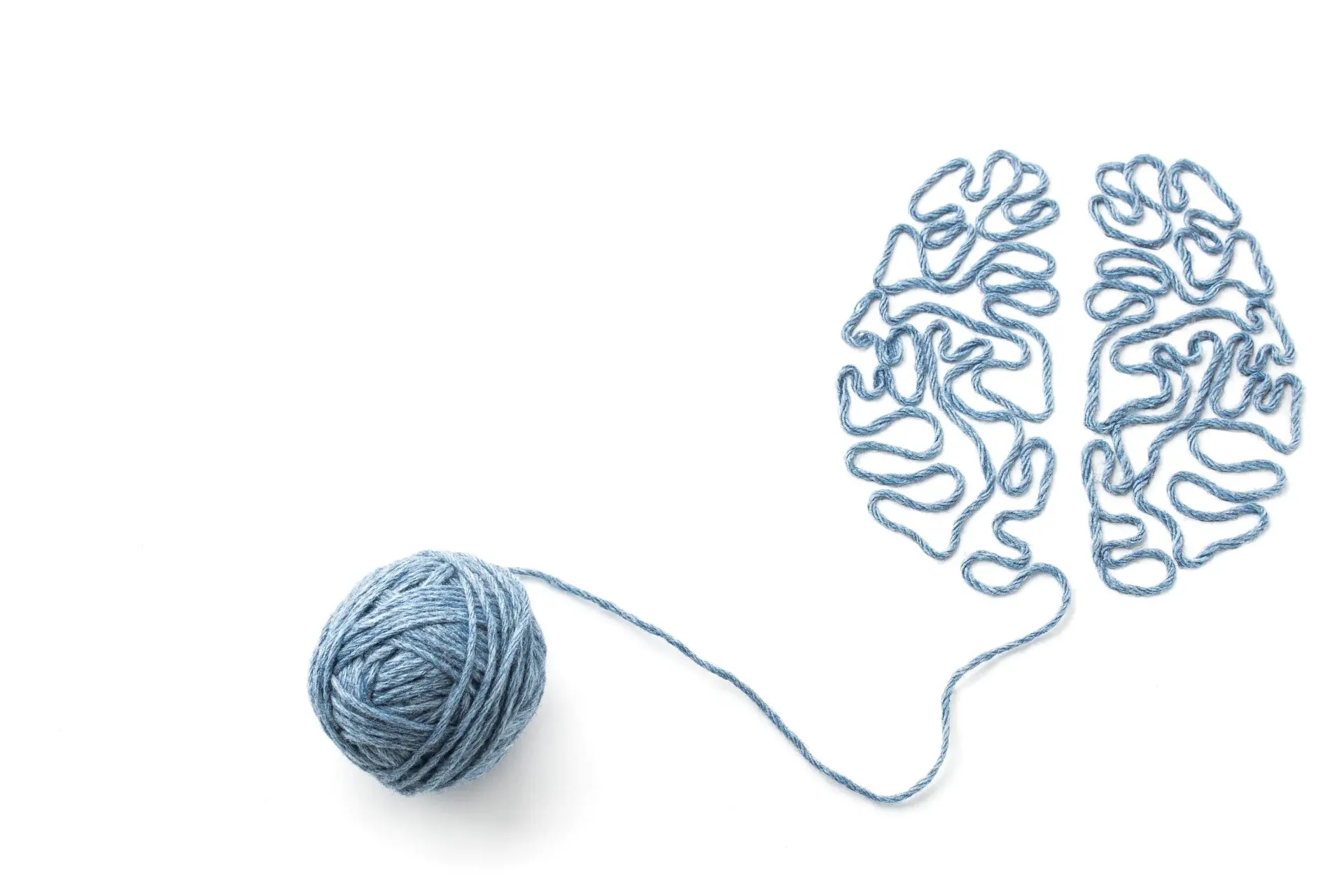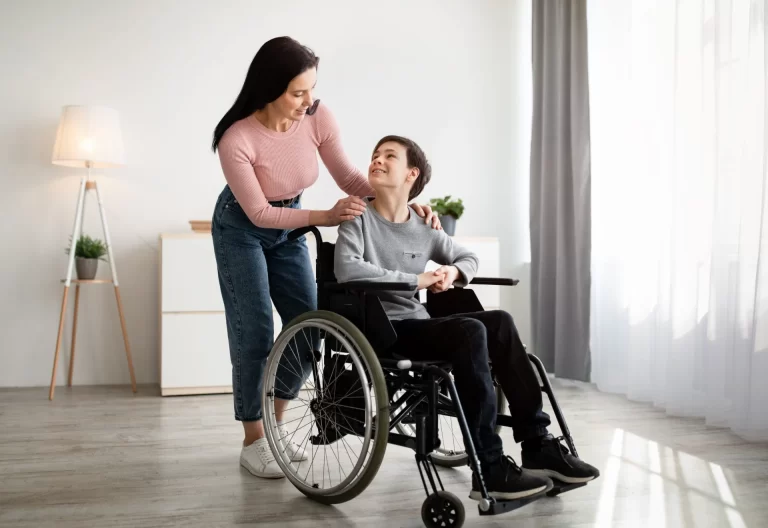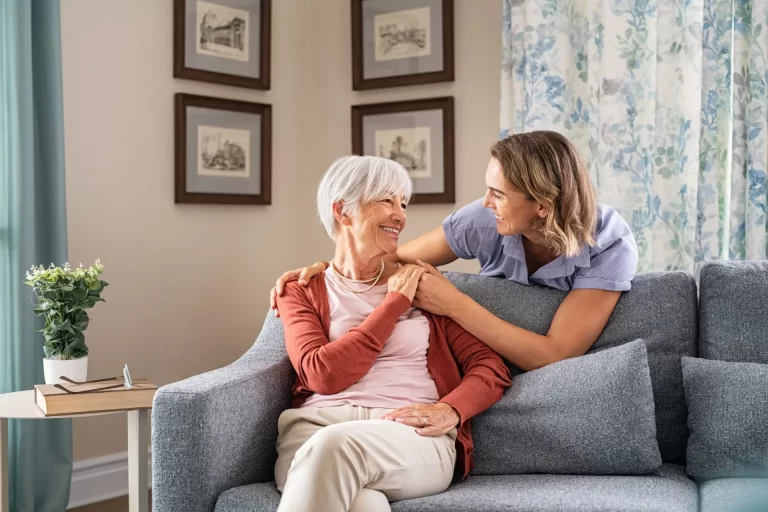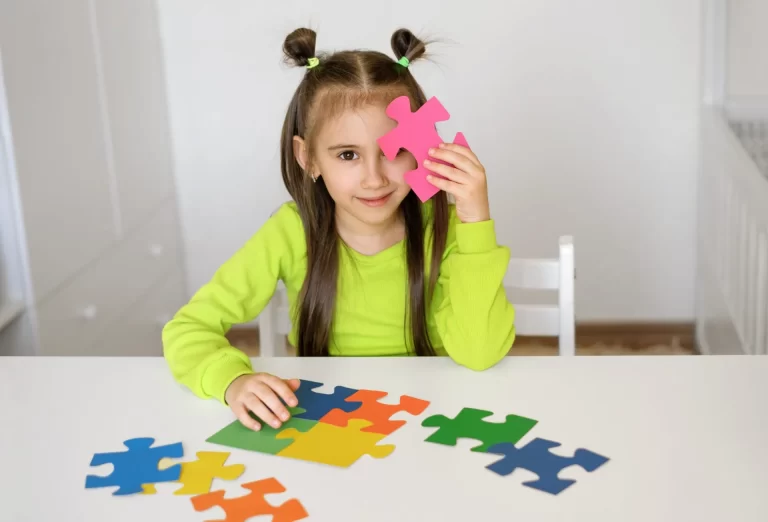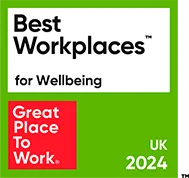This month, NHS Digital revealed that at least 2,060 people with a learning disability and/or autism were still being kept in inpatient settings.
It’s difficult not to be concerned about people’s welfare, knowing that since the lock-down has been implemented, visitation has been banned across many sites due to infection control concerns. People living in these hospitals may or may not fully understand why visits have been halted, but feelings of helplessness and abandonment are inevitable, which can cause an increase in emotional isolation and stress. This often results in what we term “challenging behaviour” (actually, an understandable human response) which might be followed by restraint and physical isolation. These measures cause greater emotional, physical and psychological damage, leading to further outbursts and restraint – and so the cycle continues.
News from the Care Quality Commission
Since the CQC halted its inspections, there were 3,265 reported cases that involved restraint in March, and 570 of these were against children.
In response to this crisis on human rights, the CQC has announced that new guidelines will be drawn up and implemented for inspection teams, with the aim of identifying and responding to ‘closed cultures’.
A ‘closed culture’ increases the risk of harm and leads to breaches in human rights, and it is often caused by a lack of leadership or poorly trained and inexperienced staff, or where there is a lack of positive and open engagement with service users and their families.
These new guidelines are certainly welcome, and the CQC hopes that by addressing ‘closed cultures’, there will be some tangible changes including an improvement in communication and action on feedback received from individuals and their families.
What can we do?
There are two fundamental ways of being part of the change for those living in inpatient settings and supporting these new objectives of the CQC:
If you have lived experience or professional expertise within mental health hospitals, or hospitals that care for people with autism/learning disabilities, or with services that use Deprivation of Liberty safeguards through the Mental Capacity Act, you can sign up to be an integral part of the CQC’s Expert Advisory Group (details here).
Additionally, each of us can show our support through activist groups on social media, such as the Right2Home campaign (details here) by helping them reach more people and giving a voice to those who are unable to speak for themselves.
We’ve worked so hard as a collective unit recently to reduce the spread of the deadly virus – let’s now show the same level of commitment in helping those living in these situations to get back into community life, where we all belong.
